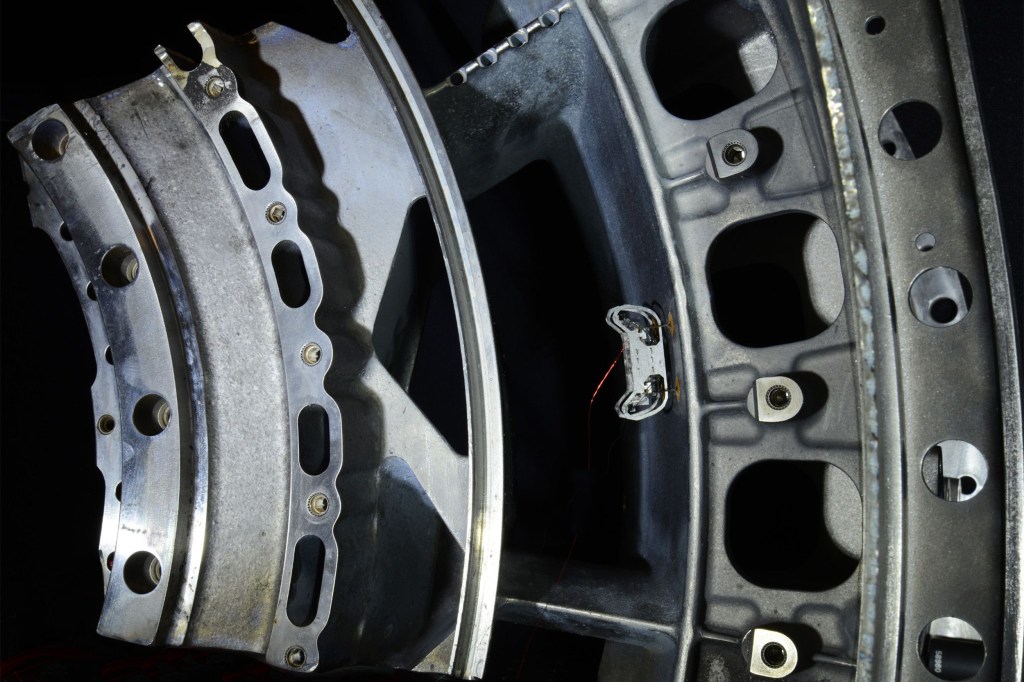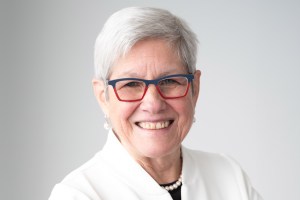Science & Tech
-
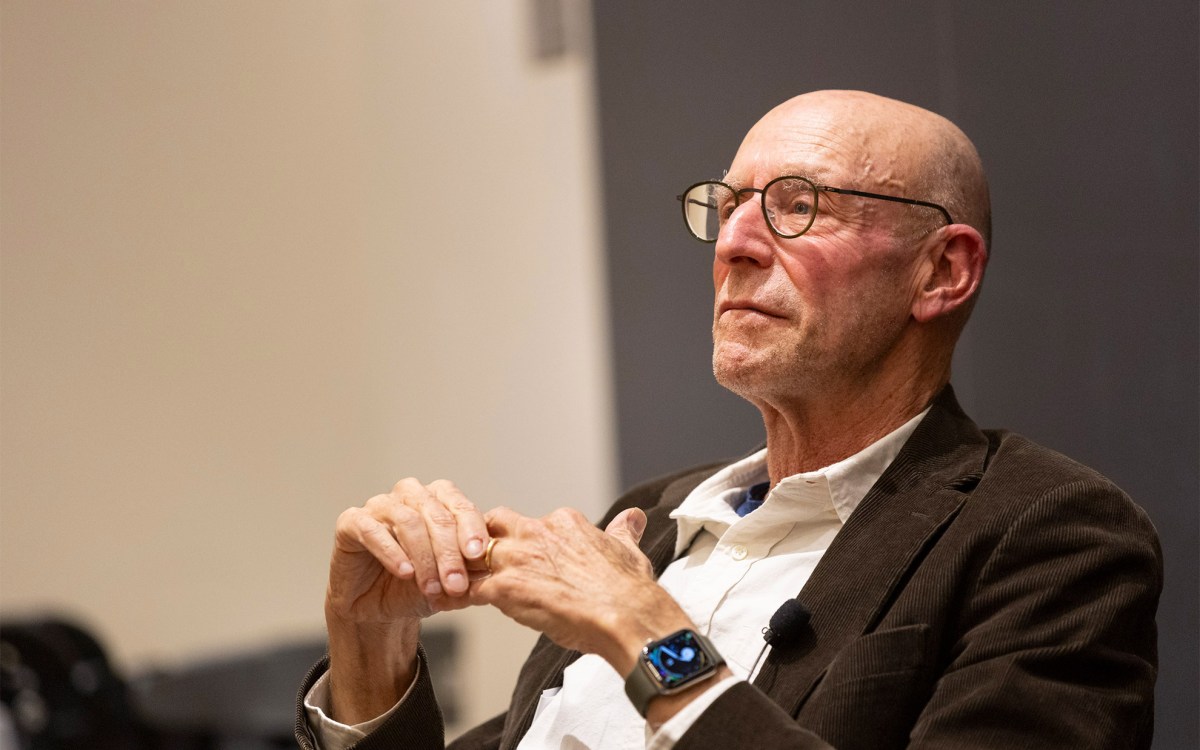
What exactly is consciousness? (And does my Venus flytrap have it too?)
In new book, author Michael Pollan explores nonhuman sentience, stream of thought, AI
-

Can a chatbot be a co-author?
Physicists take souped-up ChatGPT out for a spin, return home with significant discovery

-

Preserving learning in the age of AI shortcuts
In podcast, teachers talk about how they’re using technology to supercharge critical thinking rather than replace it
-

A ‘cocktail’ recipe for brain cells
Stem cell biologists discover how to regenerate type damaged in ALS, spinal cord injuries

-

When you do the math, humans still rule
Harvard’s Lauren Williams, a MacArthur ‘genius,’ joins international effort to challenge notions of AI supremacy
-

‘Imagination’
Less like a picture, more like a video game? Cognitive scientist explains how we ‘see’ what isn’t real.
-
Following conflict, a turn to the divine
Working with a team of international researchers, Harvard scientists gathered survey data in several locations around the globe and found that, following the trauma of seeing a friend or loved one killed or injured during conflict, many became more religious.
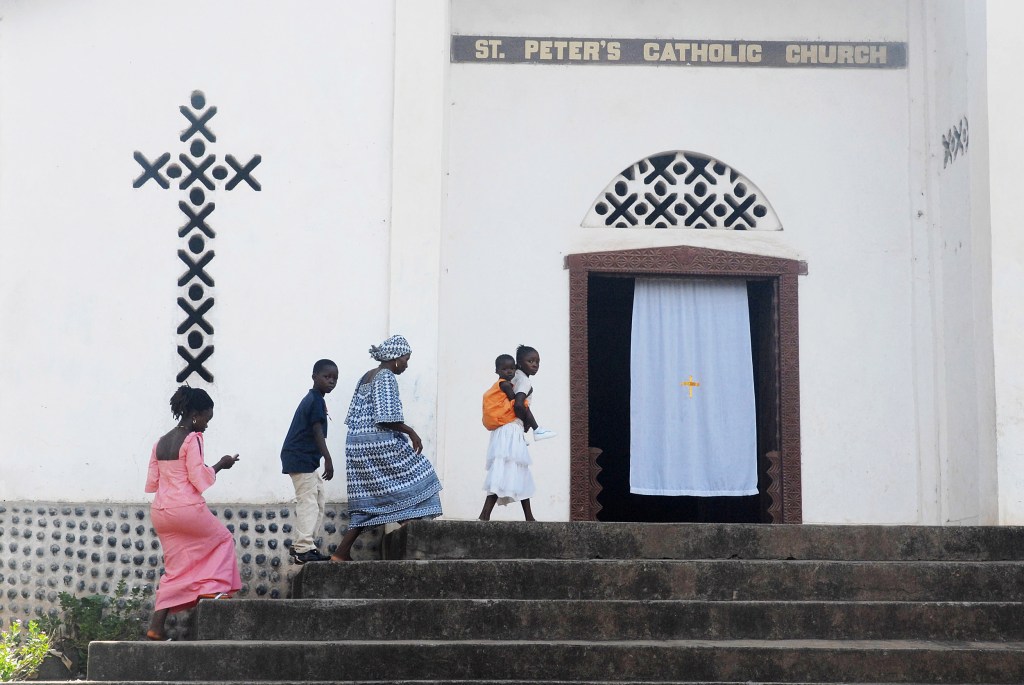
-
Mining the mysteries of DNA
Science authors David Quammen and Carl Zimmer both have recent books showing that DNA is not only passed down from our ancestors but can also come from viruses, siblings, and even our children.
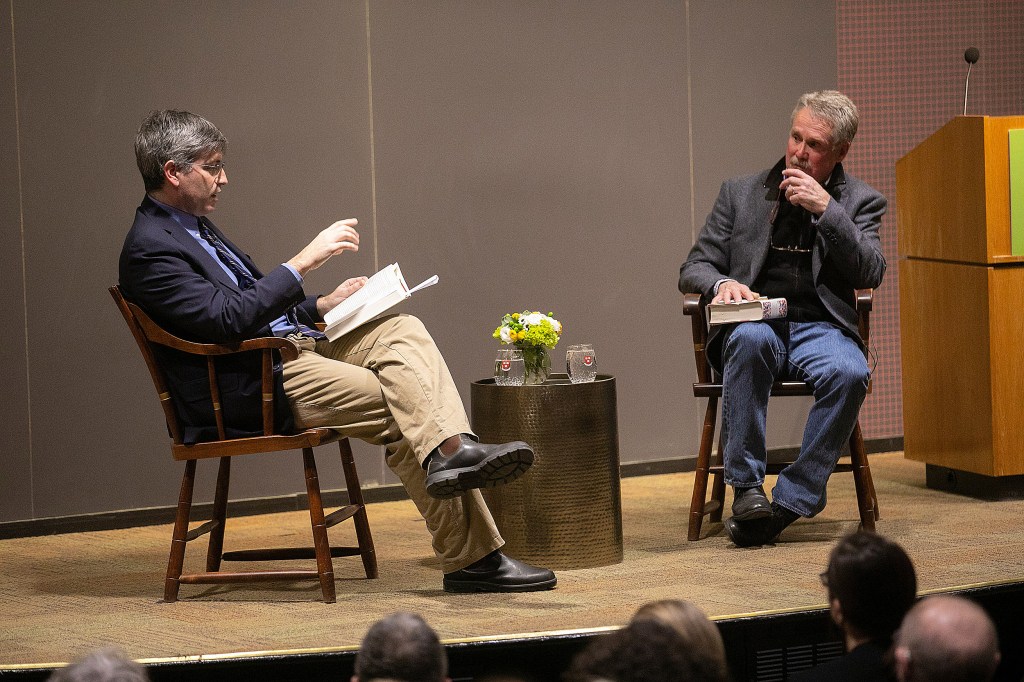
-
DNA reveals we are all genetic mutts
Geneticist David Reich discusses DNA findings that show how migration shaped Europe and southern Asia, and that “No population is, or ever could be, pure.”

-
Seeing things in a different light
Harvard researchers are using a chemical process known as triplet fusion upconversion to transform near-infrared photons into high-energy photons. The high-energy photons could be used in a huge range of applications, including a new type of precisely targeted chemotherapy, in which low-energy infrared lasers that penetrate deep into the body could be used to transform innocuous compounds into cancer-fighting drugs.

-
Making sense of how the blind ‘see’ color
A new Harvard study suggests that although the congenitally blind experience abstract visual phenomena such as rainbows and color differently, they still share with the sighted a common understanding of them.
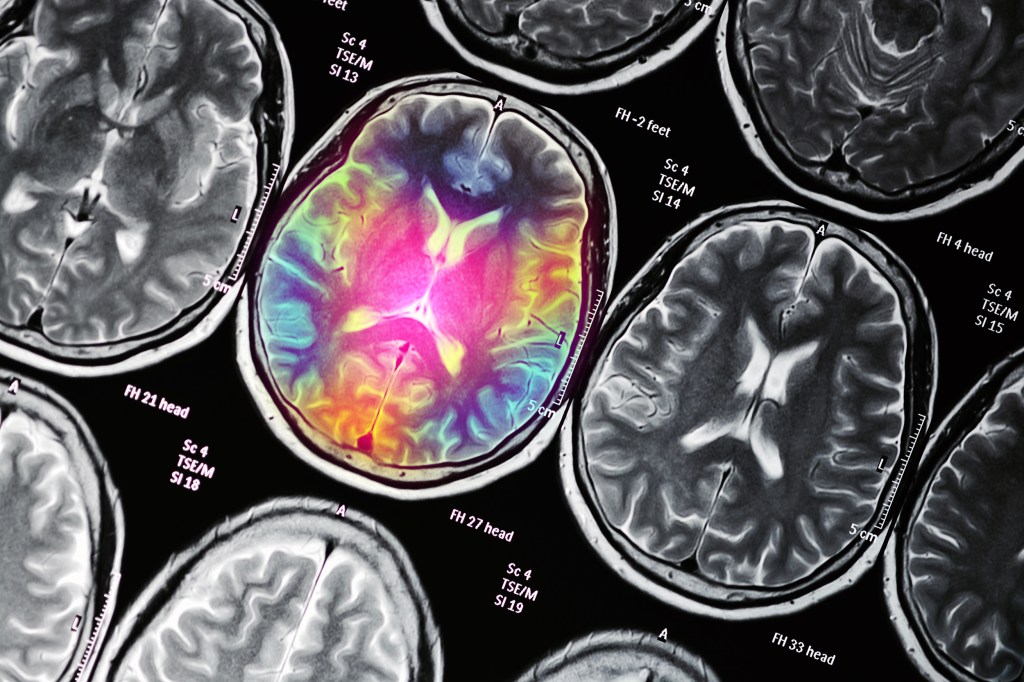
-
Brainy birds
A new study shows that African grey parrots can perform some cognitive tasks at levels beyond those of 5-year-old humans. The results not only suggest that humans aren’t the only species capable of making complex inferences, but also point to flaws in a widely used test of animal intelligence.
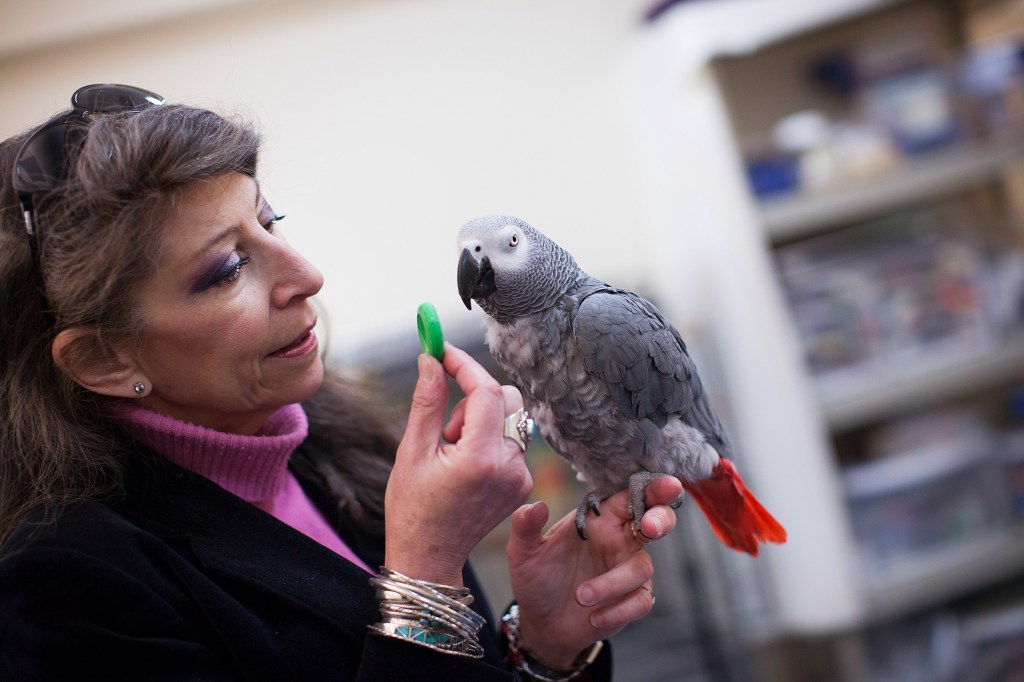
-
Focusing on the fovea
Researchers have created the first cellular atlas of the primate retina and discovered that, while the fovea and peripheral retina share most of the same cell types, the cells are in different proportions, and show different gene expression patterns.
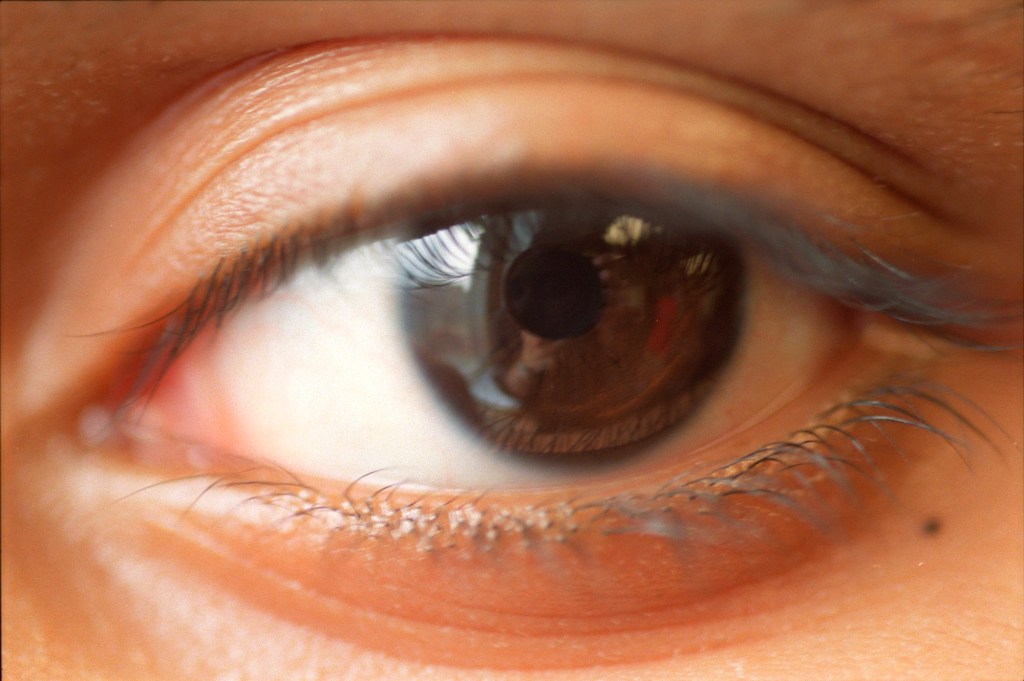
-
Facing crocodiles head-on
Despite often being portrayed as living fossils that have remained virtually unchanged for millions of years, a new Harvard study shows crocodiles have repeatedly altered their developmental patterns, leading to much of the diversity found in modern, living crocodiles.
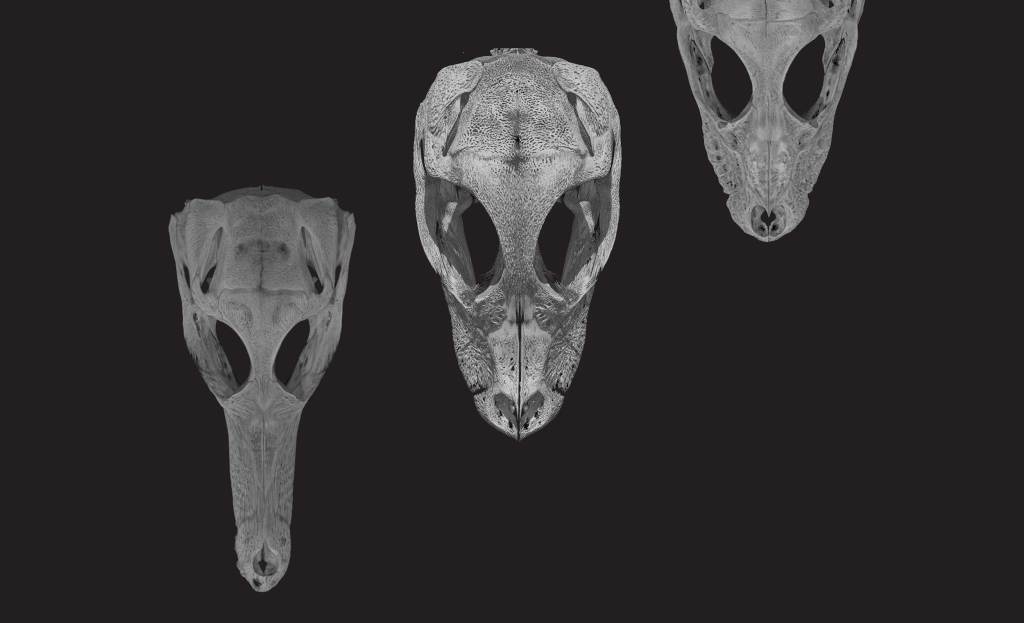
-
The impact of ocean acidification
In a first-of-its-kind study, findings suggest that continued ocean warming and acidification could impact everything from how fish move to how they eat.
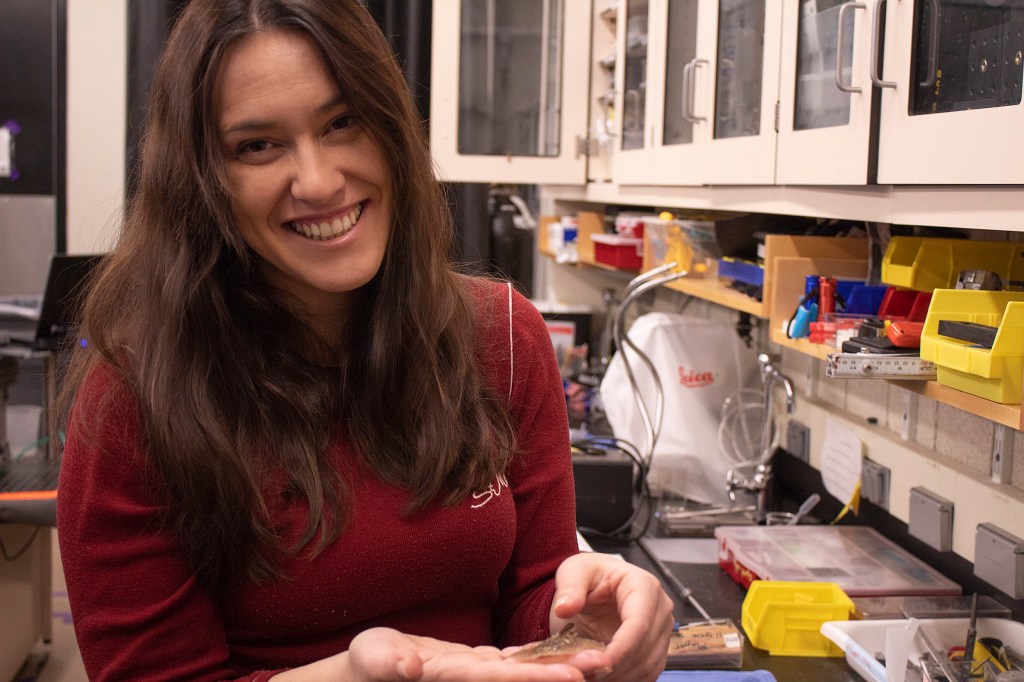
-
And now, land may be sinking
A new study, which used everything from tide gauges to GPS data to paint the most accurate picture ever of sea-level rise along the East Coast of the U.S., is suggesting that in addition to rising seas, communities along the coast may also have to contend with the land sinking.
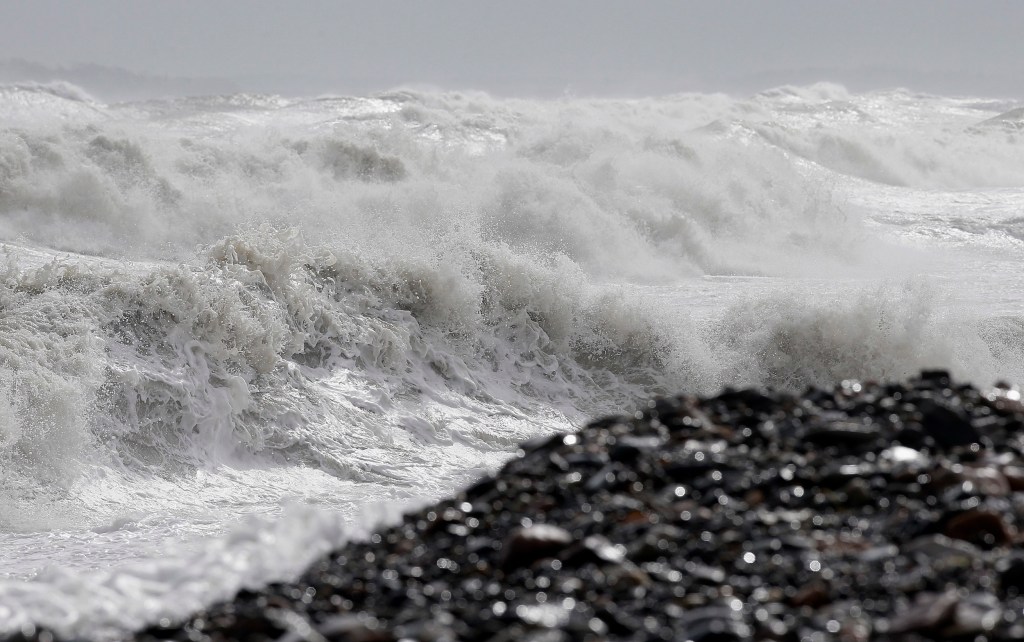
-
Solving colibactin’s code
In an effort to understand how colibactin, a compound produced by certain strains of E. coli, may be connected to the development of colorectal cancer, Harvard researchers are exploring how the compound damages DNA to produce DNA adducts.
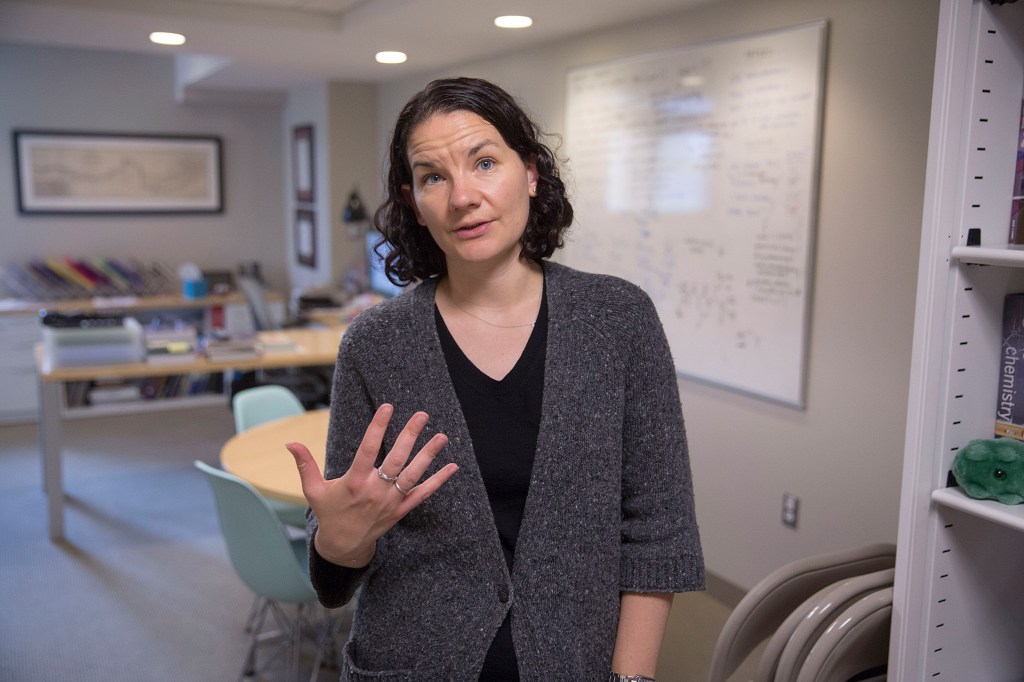
-
Think different, act more
Hal Harvey, the CEO of Energy Innovation, a San Francisco–based energy and environmental policy firm, encouraged an audience at Harvard to get involved in about innovative ways to address climate change.
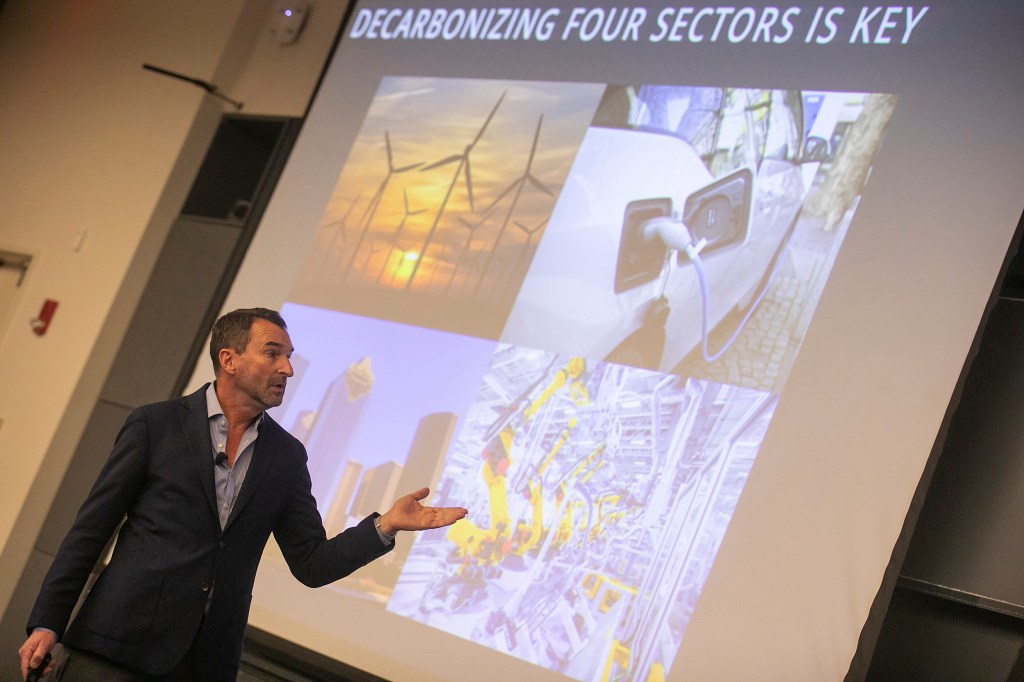
-
More than a courier
Now research suggests that a nerve cells’ axons may be making decisions on their own, challenging the dogma that the nucleus and cell body are the control centers of the neuron.
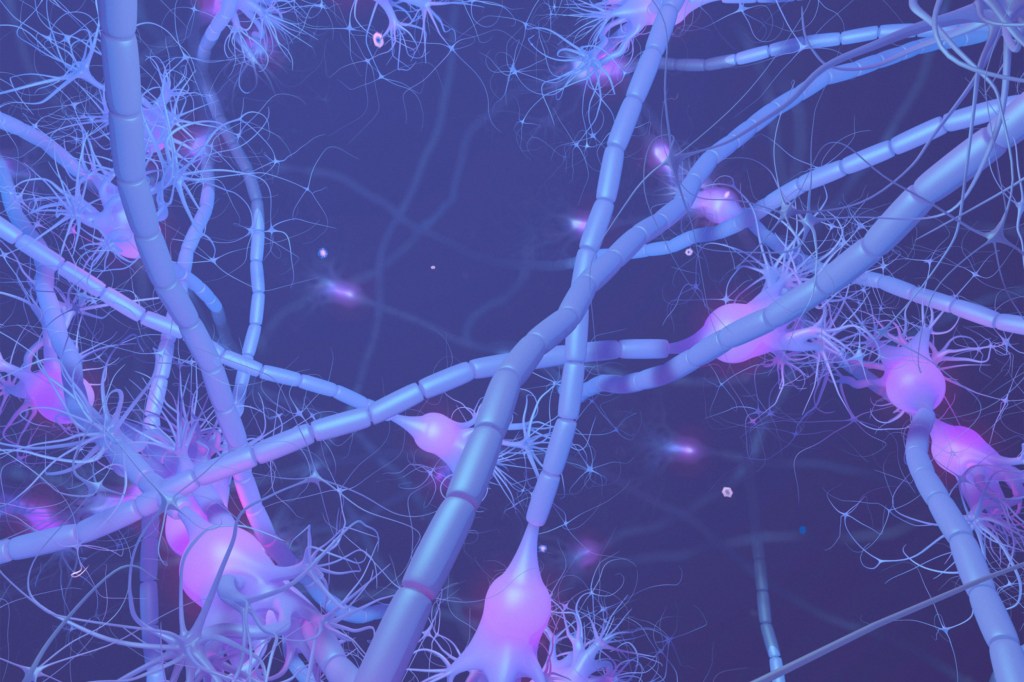
-
Termites shape and are shaped by their mounds
Researchers investigate how centimeter-sized termites, without architects, engineers or foremen, can build complex, long-standing, meter-sized structures all over the world.
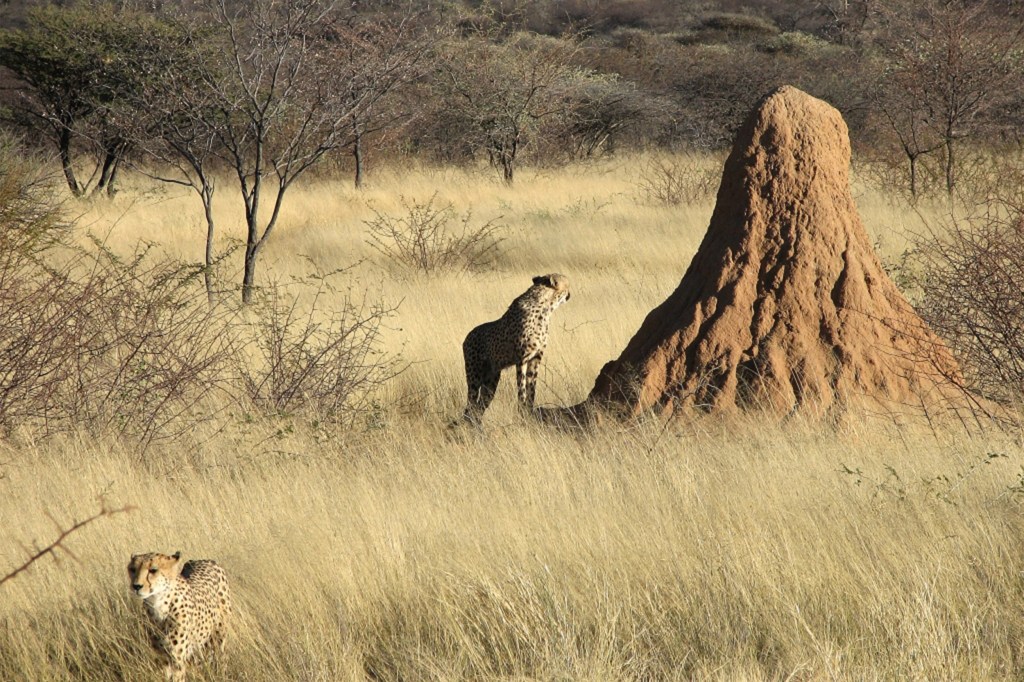
-
Rapid evolution, illustrated
A study in which mice were released into outdoor enclosures to track how light- and dark-colored specimens survived confirms that mice survive better in similarly colored habitats, providing insights into evolution.
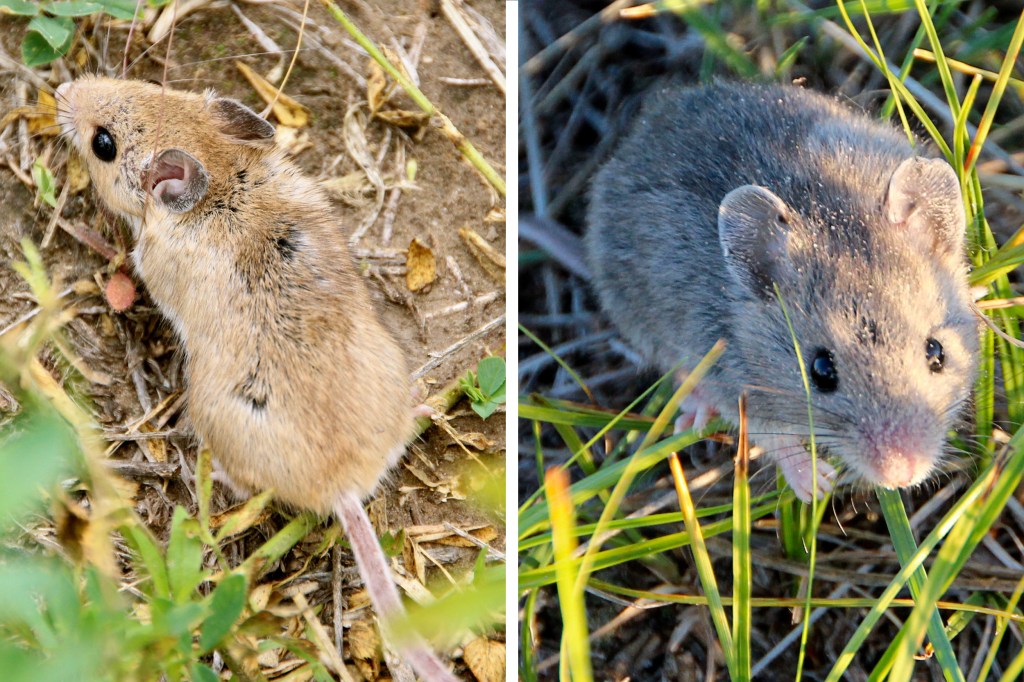
-
Microbial manufacturing
Emily Balskus and a team of researchers untangled how soil bacteria are able to manufacture streptozotocin, an antibiotic and anti-cancer compound.
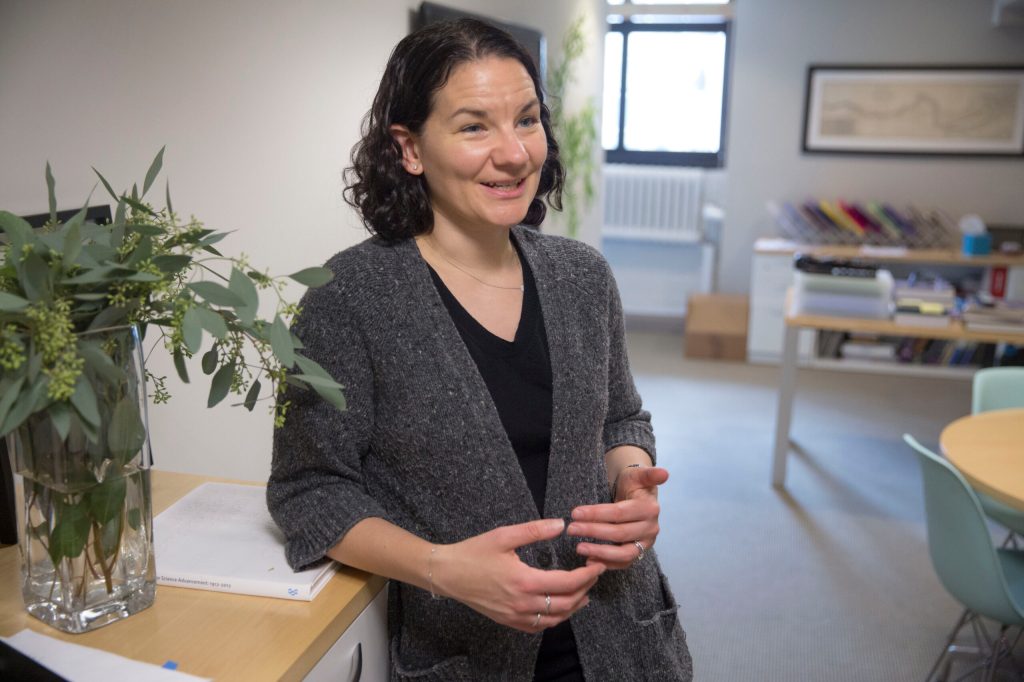
-
Twins in space
To understand the strain that space flight places on the body, NASA-affiliated researcher Brinda Rana has been examining the molecular changes in the twin astronauts Scott and Mark Kelly for five years.
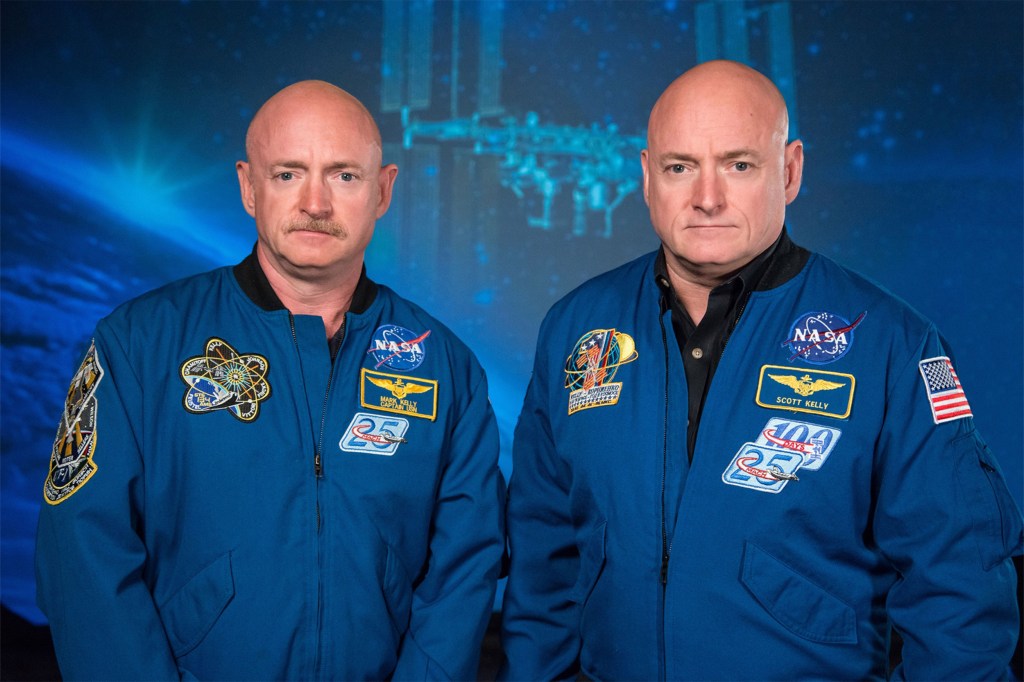
-
When science is unreliable
For her research into the reproducibility crisis, Radcliffe fellow Nicole C. Nelson is conducting oral histories with scientists and assembling a database of academic and news articles.
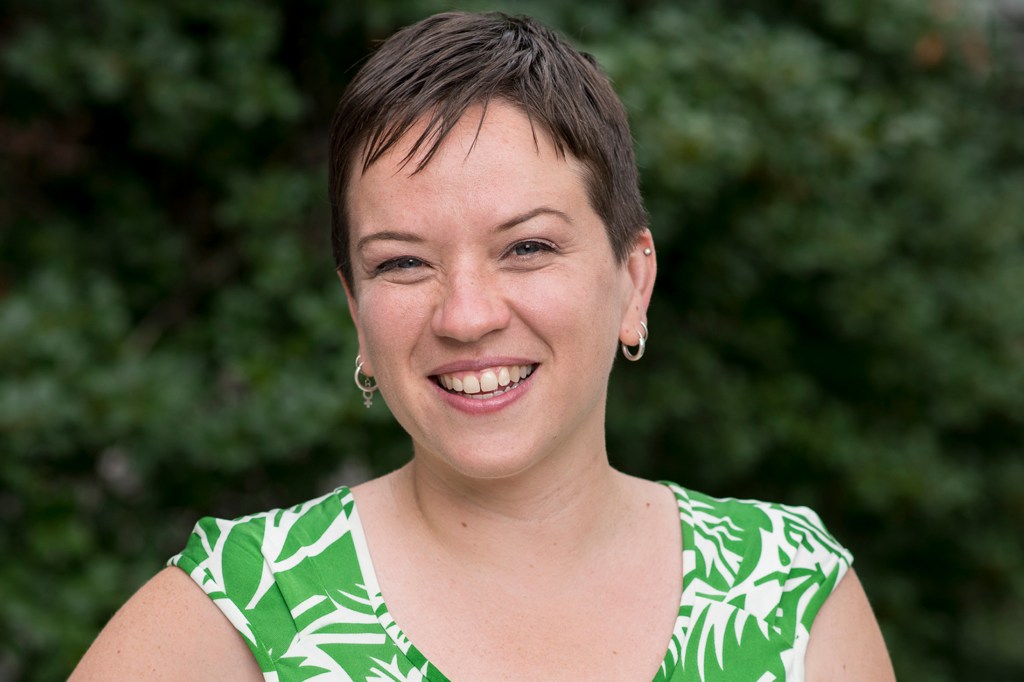
-
Looking at lunglessness
A recent study shows that a gene that produces surfactant protein c — a key protein for lung function — is expressed in the skin and mouths of lungless salamanders, suggesting it also plays an important role for cutaneous respiration.
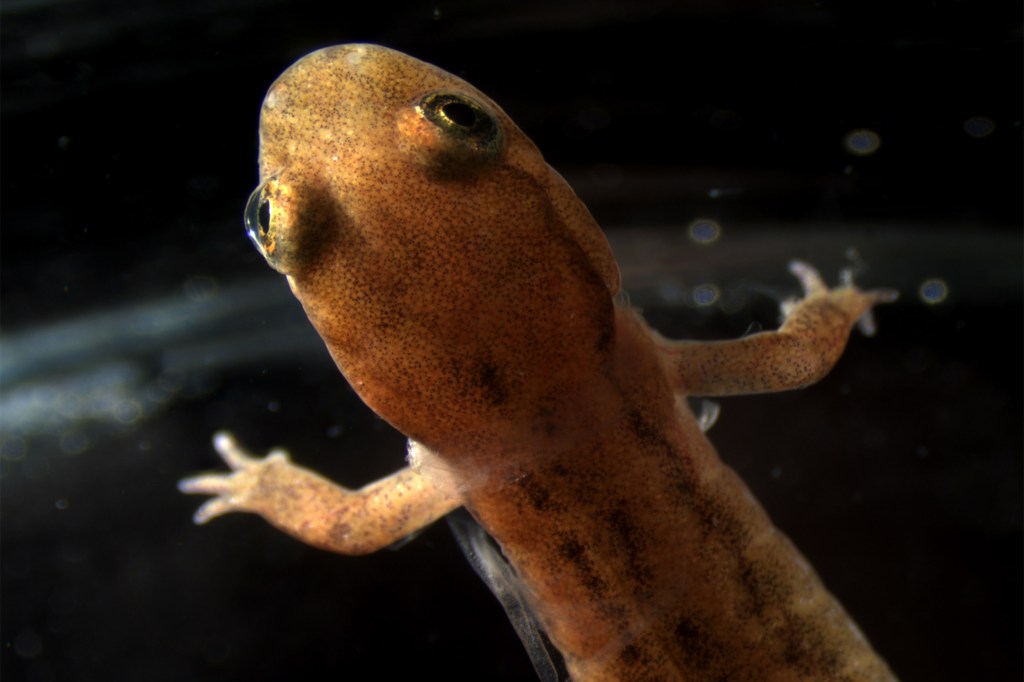
-
To tackle climate change, share burden — and benefits
Steps to limit climate change require not only scientific advances but social and policy changes that spread the benefits of alternative energy sources, professor Daniel M. Kammen said in Radcliffe lecture.
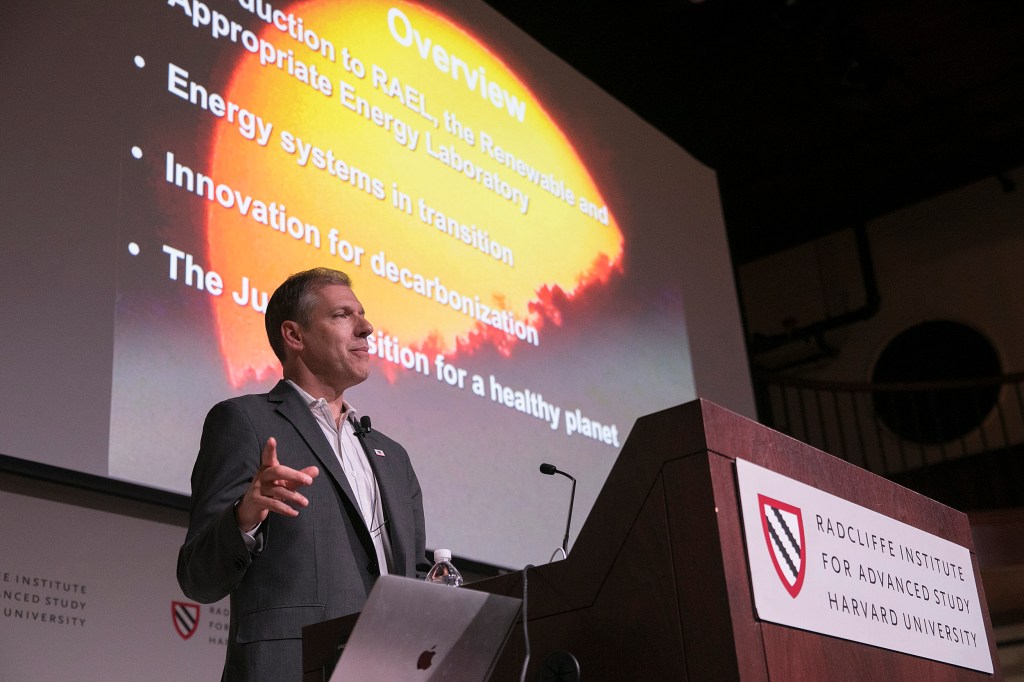
-
How violence pointed to virtue
Richard Wrangham’s new book examines the strange relationship between good and evil.
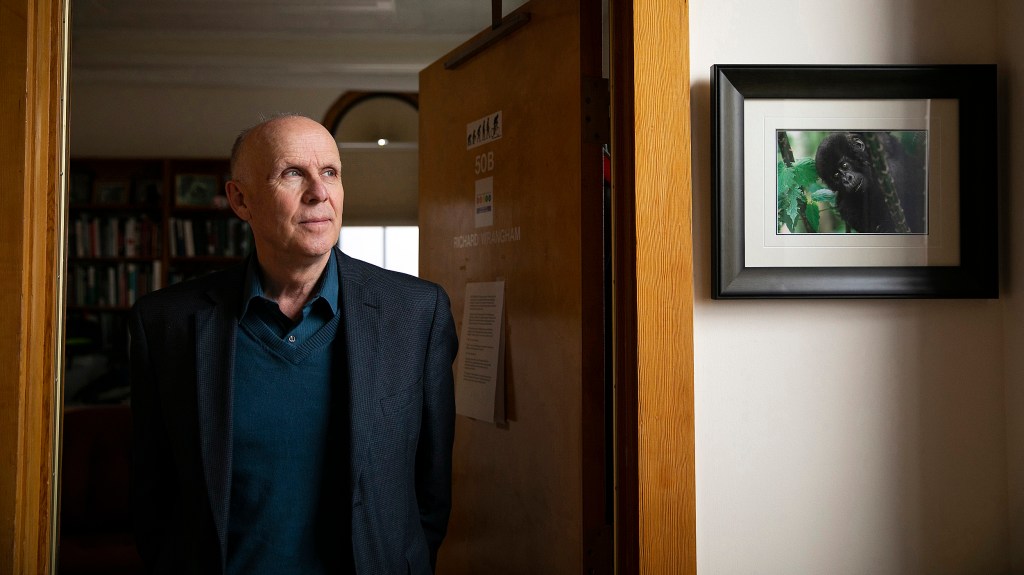
-
Embedding ethics in computer science curriculum
Computer science students examine issues such as privacy, censorship, and fake news in courses co-designed by philosophy professors as Harvard works to embed ethics in the curriculum, creating a national model.
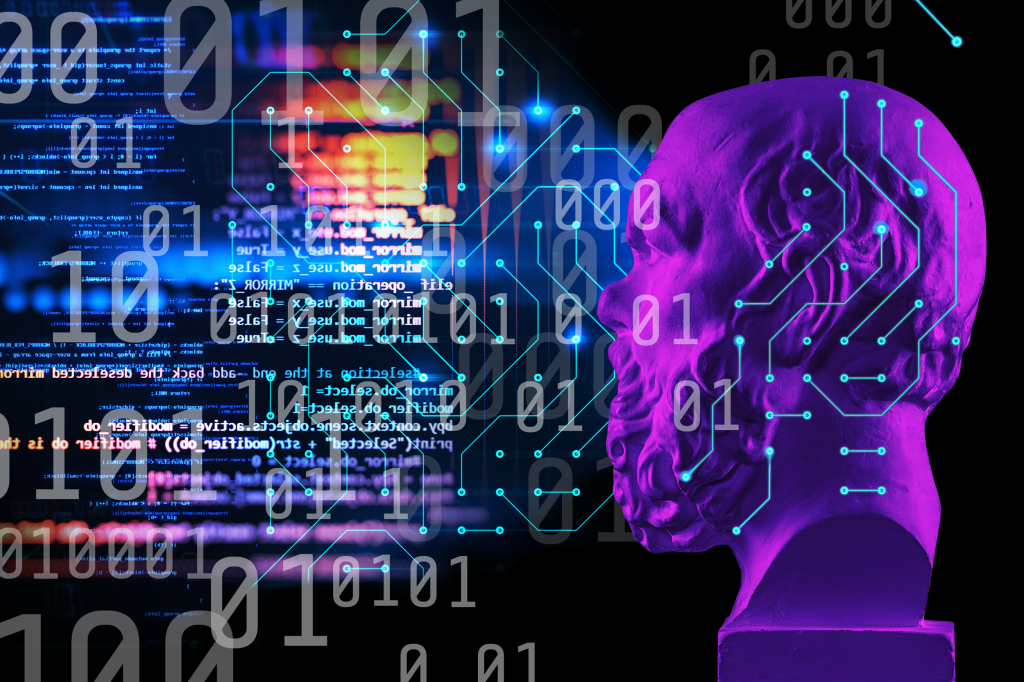
-
Radcliffe scholar tracks squirrels in search of memory gains
Radcliffe Fellow Lucia Jacobs hopes to gain insights on human memory from her work with squirrels.
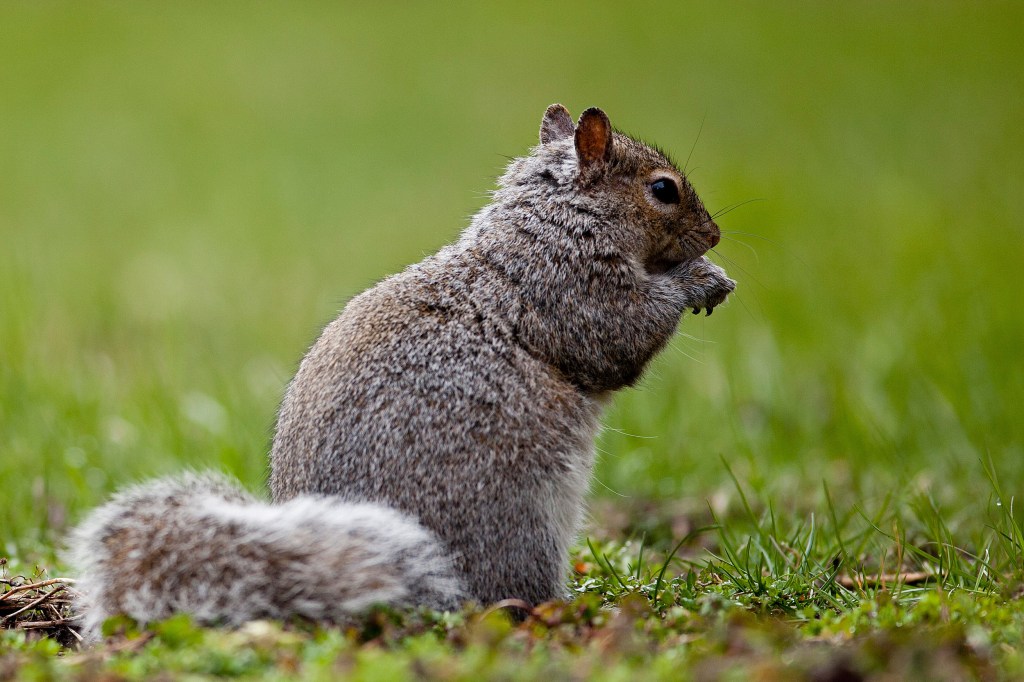
-
Clues of heart disease found in 16th-century mummies
CT scans reveal evidence of atherosclerosis in 16th-century mummies from Greenland. The mummies were of particular interest due to their diet, which relied on fish — commonly touted as a heart-healthy diet.
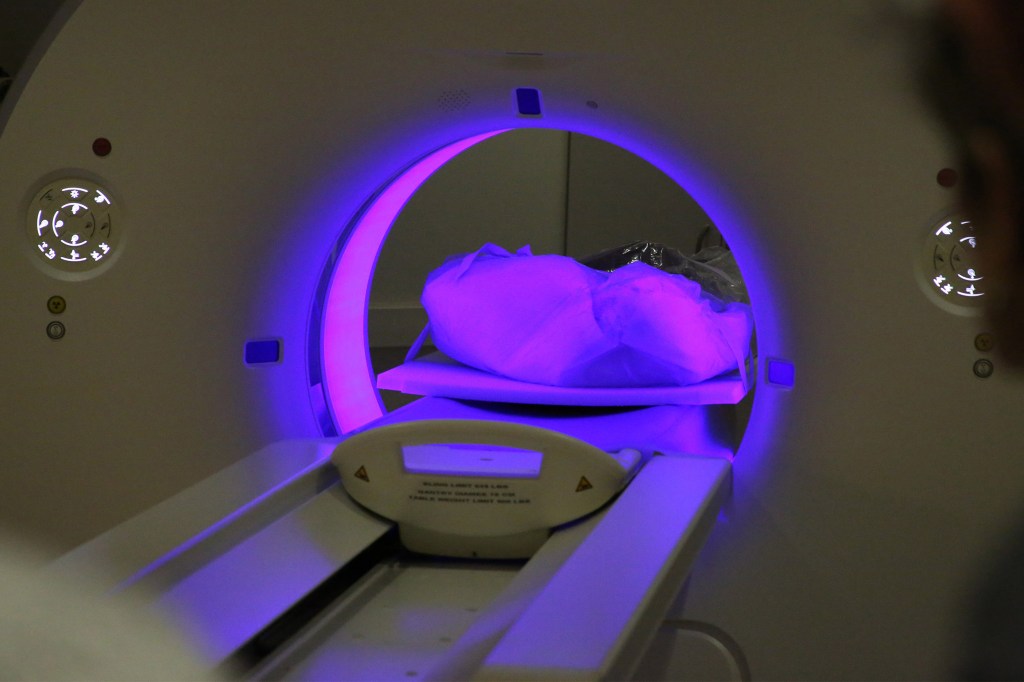
-
Science at the speed of ‘light-sheet’
Combining two recently developed technologies — expansion microscopy and lattice light-sheet microscopy — researchers have developed a method that yields high-resolution visualizations of large volumes of brain tissue, at speeds roughly 1,000 times faster than other methods.
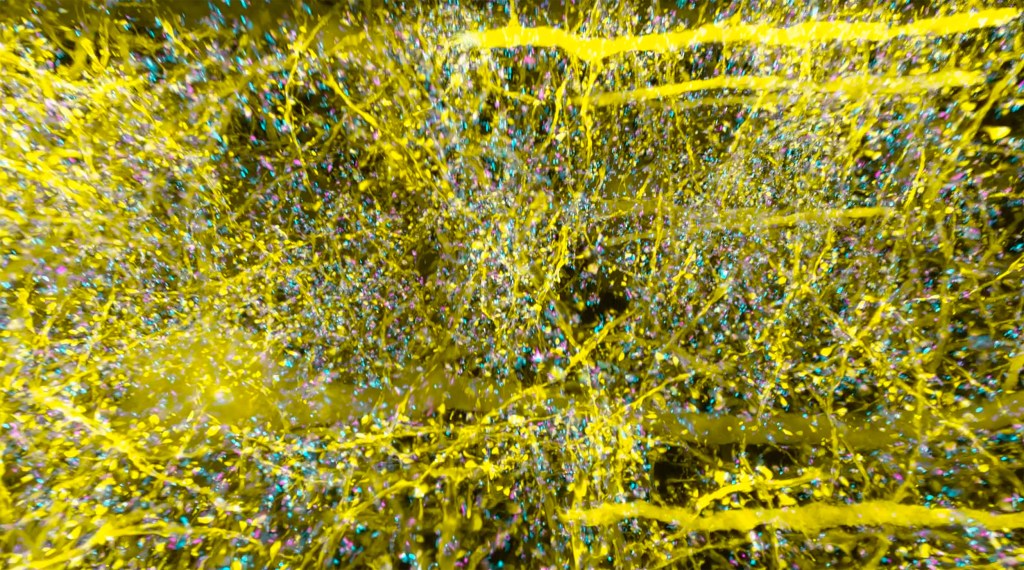
-
Workshops explore data and computational science
Two Harvard events on data and computational science showcase the breadth of data experts and help meet the demand for training in the field.
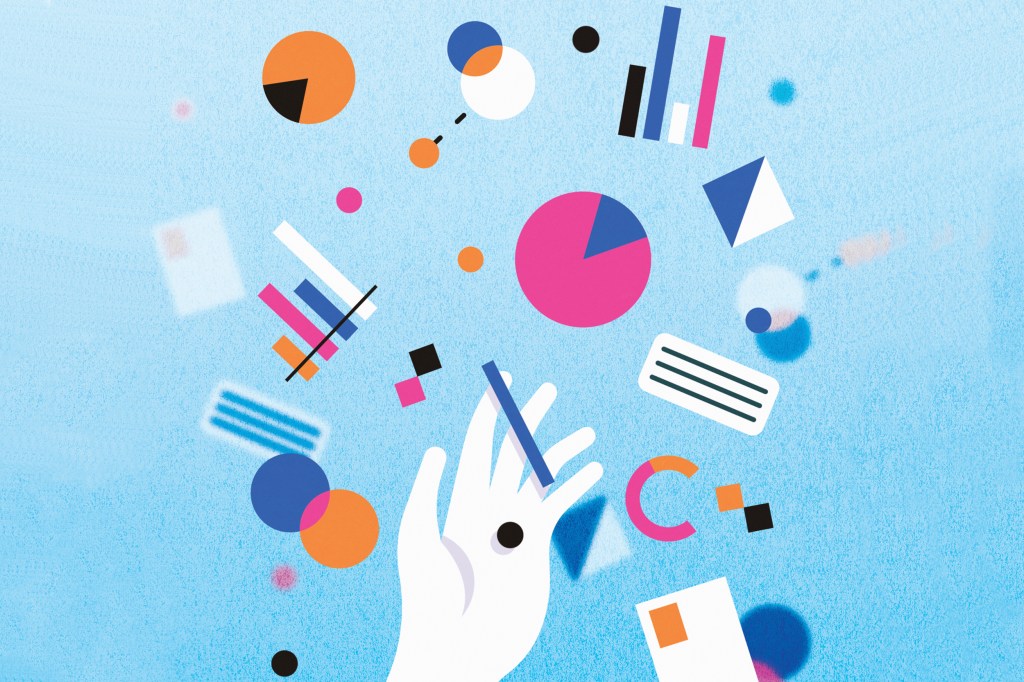
-
A growing role as a living lab
Harvard’s Arnold Arboretum is a critical destination for researchers such as Andrew Groover, who finds every species he needs within its 281 acres.
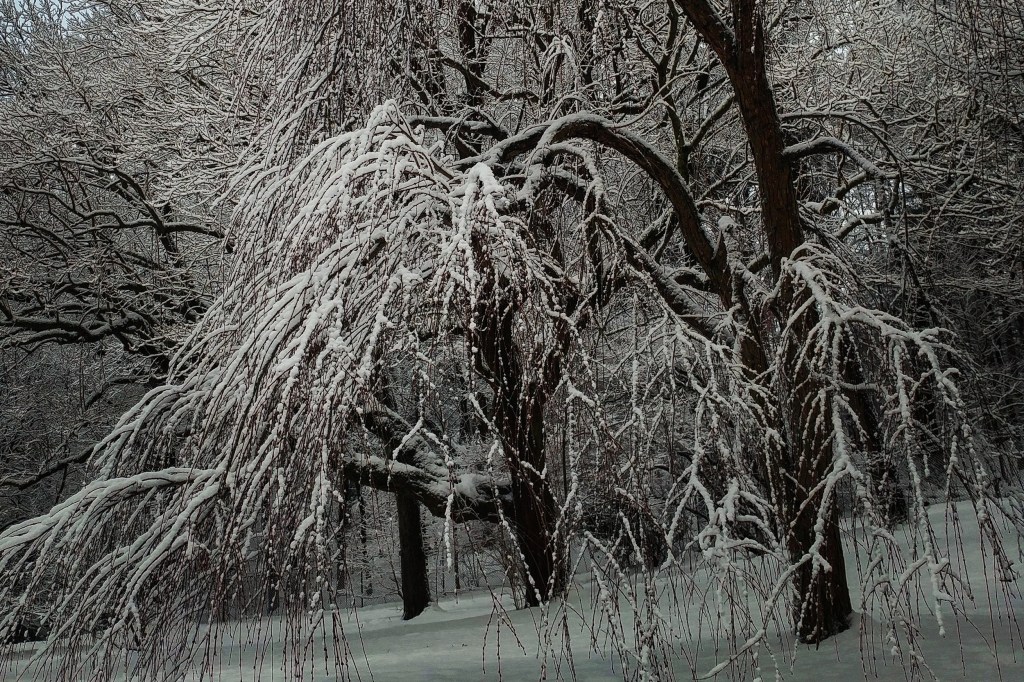
-
Perspectives on gene editing
Harvard researchers, others share their views on key issues in the field
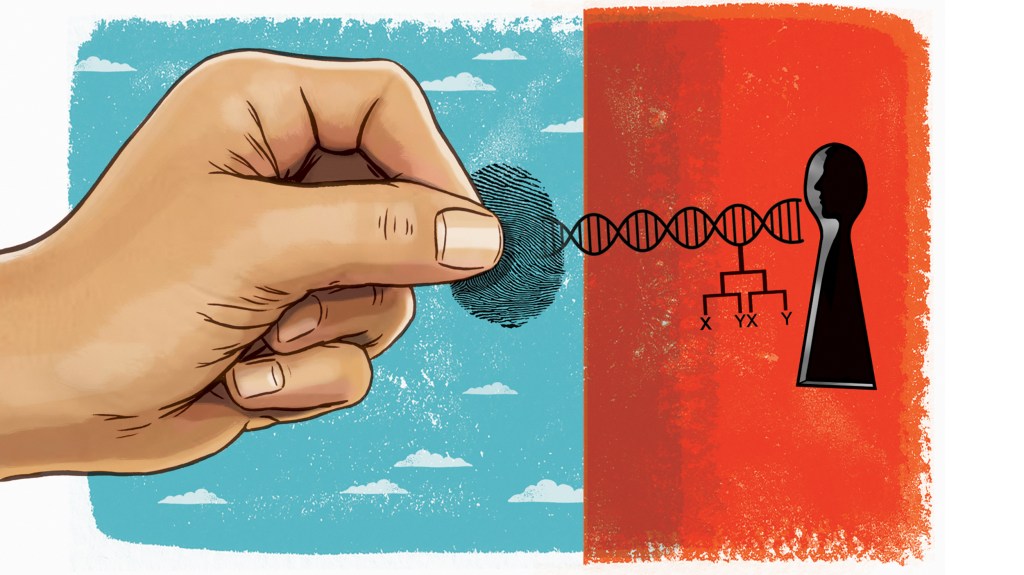
-
Stepping inside a dead star
An astronomical team uses detailed data to create a virtual reality experience of being inside an exploded star.

-
Robots with sticky feet can go where humans can’t
Researchers have created a micro-robot whose electroadhesive foot pads allow it to climb on vertical and upside-down conductive surfaces, such as the inside walls of a jet engine. Groups of micro-robots could one day be used to inspect complicated machinery and detect safety issues sooner, while reducing maintenance costs.
